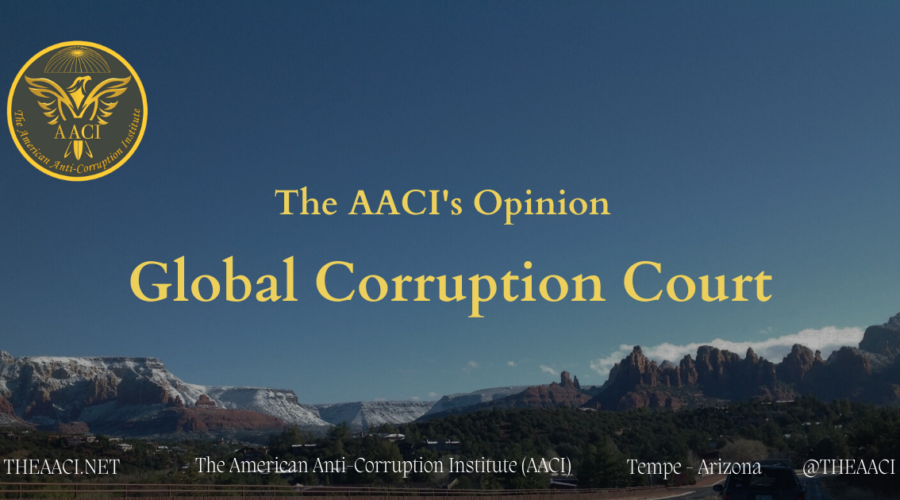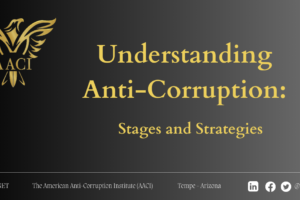August 24, 2023
His Excellency Peter1 Hain made a convincing argument in support of establishing a global corruption court. Most people, except the corrupt, agree that “Kleptocrats who rob developing countries need to be held accountable.”
However, it is imperative to acknowledge the potential for politicizing the court. Also, judges and investigators will likely be unaware of local customs, traditions, and power-sharing arrangements. And since corruption follows those who have power – it will be seen as an affront to the current party and person in power. It will never work.
The Effective Fight against Corruption is Always Local
Effectively combatting corruption necessitates a localized approach. The onus of addressing corruption and countering the influence of kleptocrats within a nation lies with its citizens. Concurrently, the international community possesses the capacity to assist countries grappling with corrupt practices by adopting measures that curtail support for kleptocratic entities and refrain from funding regimes tainted by corruption.
Reassessing the interaction with corrupt administrations aligns with the global community’s best interests, given the imperative to champion the battle against corruption. An illustrative instance arises regarding the extensive corruption precipitating Lebanon’s state failure. While many actors bear responsibility, international lenders and influential global powers also share culpability in the crisis unfolding in Lebanon.
The United Nations Convention Against Corruption (UNCAC)
The present moment necessitates resolute action, embracing the enactment and enforcement of the United Nations Convention Against Corruption (UNCAC), a ratified agreement spanning 189 nations. However, from our considered experience, we have well-founded reservations concerning the ratifying nations’ full and faithful implementation of the UNCAC. The United Nations should establish robust mechanisms to diligently monitor compliance with the UNCAC across nations. The UN should take a page from the Financial Action Task Force on addressing corruption and label countries as compliant or non-compliant. If a nation is non-compliant, all aid from other UN members, except humanitarian non-cash aid, must be suspended.
In closing, the responsibility for devising, sustaining, and executing a meticulously crafted national strategy to combat corruption and mitigate associated risks rests squarely with the local government. Governments are duty-bound to be answerable for their performance in combating corruption. Active engagement with citizens in the battle against corruption is imperative, underscoring that embezzlement of national resources and evasion of accountability are untenable practices.
Let’s end the charade that allowed the collapse of Lebanon, the 1MDB thefts, Gürtel, PDVSA, FIFA, Lava Jato, and so many more.
###End###
References
- Peter, Hain. 2023, August 15. The time for instituting a new global corruption court is now. Financial Times. Retrieved from https://www.ft.com/content/d37b8de0-20c8-4d43-b2bf-7d91627b6ec9#comments-anchor on August 22, 2023 ↩︎











































